 California Assembly Bill AB 2386 promises to be a blockbuster for breastfeeding rights - and moms and babies - if it passes both houses of the state legislature.
California Assembly Bill AB 2386 promises to be a blockbuster for breastfeeding rights - and moms and babies - if it passes both houses of the state legislature.
Authored by Assemblyman Michael Allen, the bill is novel in that it proposes to protect the rights of breastfeeding mothers in the workplace by expanding the existing definition of ‘sex discrimination’ to specifically include ‘breastfeeding’ under the state’s Fair Employment and Housing Act.
In other words, this bill would make California the first state in the nation to make breastfeeding mothers a “protected class of persons” in the context of employment, deserving of the same protections against all kinds of employment discrimination (i.e., substantial change in terms of employment, unlawful termination, hostile work environment) that others are afforded for race, sex, religion, disability (including pregnancy), age, etc.
The debate about whether breastfeeding mothers should be deemed a “protected class” like minorities, or pregnant women, is ongoing and unsettled among the courts. A legislative mandate like AB 2386 would be a landmark in resolving the matter in California, and might pave the way for other states to follow suit.
The history behind AB 2386 stems from a June 2009 case—California Department of Fair Employment and Housing vs. Acosta Tacos-in which a female employee, just back from pregnancy disability leave, was fired for nursing her infant during her lunch break. The Fair Employment and Housing Commission ruled that the taco company had denied the employee a right to a discrimination-free work environment based on sex or pregnancy under FEHA law even though breastfeeding wasn’t specifically mentioned as being classified under sex discrimination.
Although California has already enacted laws to protect nursing mothers (some outside of the context of employment), AB 2386 would give nursing mothers the full spectrum of workplace discrimination protection. Discrimination at work can take many forms - many that fall short of overt termination, such as being docked pay for taking time out for pumping, limited access to benefits or opportunities for promotion. “Laws don’t specifically protect nursing mothers from being reassigned to other work, being required to work different shifts, being requested to take additional leave, or from potentially being terminated,” says Allen.
Moving along a separate track, the California Fair Employment and Housing Commission is proposing regulations which would similarly codify the Acosta Tacos decision. Taken together, the proposed statute and regulations would represent very strong protections for nursing mothers.
After passing in the state Assembly on May 29th, AB 2386 begins the process of Senate review. The bill has faced little challenge and is expected to easily pass the Senate. If it does and receives Governor Jerry Brown’s signature, this bill would become a landmark law.



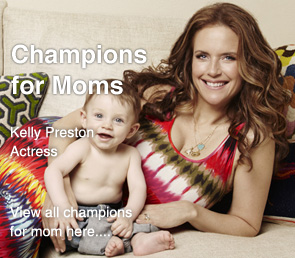



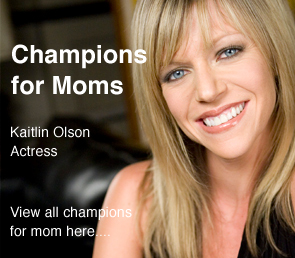
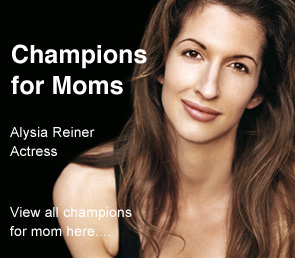

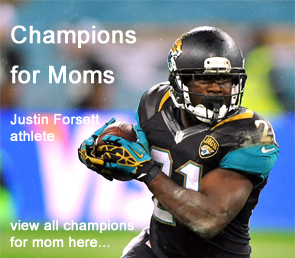

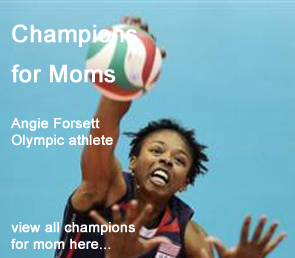


Thanks for sharing this news! I shared it on my blog too. http://doublethink.us.com/paala/2012/06/12/sweet-links-childhood-allergies-lying-to-your-children-discovering-mommy-strength-sexual-abuse-survivor-on-breastfeeding-california-breastfeeding-discrimination-bill-home-water-birth/
I think nursing mothers (and subsequently our babies) should be a “protected class.” I mean, people should respect everyone, all the time, but since that’s not the kind of world we live in, people who disrespect and discriminate against nursing mothers should be reprimanded. Because mothers are just doing their best to feed their children and if everyone supported them, instead of making breastfeeding an even harder job than it already is, our nation could stand to save billions of dollars a year on unnecessary healthcare costs, saving children and families and adults for a wide range of preventable sicknesses, diseases, and cancers!